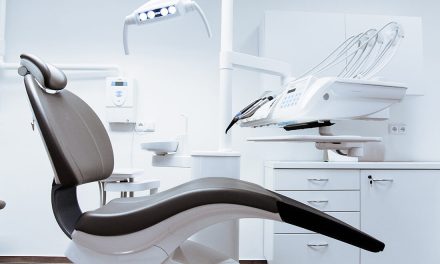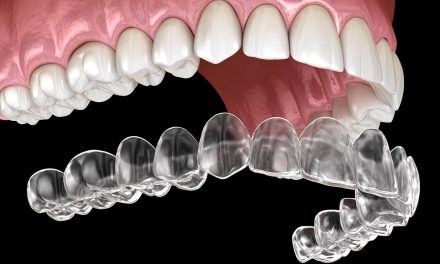When choosing a new denture, the material and its compatibility quality should be taken into consideration.
Most patients will ask for dentures that look beautiful and strong, and allows them to bite with confidence. Modern dentistry offers many materials and technologies that make this possible. But fitting a new denture can sometimes have unexpected consequences, such as inflammation of the oral mucosa, sores, burning sensations in the mouth, and a metallic taste – these side effects are the result of either an intolerance to materials used or an allergy! For this reason, leading dentists and dental technicians are likely to take your existing allergies into account when determining the materials they will use. The good news is that the top laboratories offer a wide range of materials that function to the highest standard, and look realistic, which patients can choose from. A dentures is a medical device, and as such, is subject to certain regulations.
How safe are the materials used in dentures?
On the whole, very safe, but it does depend on the jurisdiction. Nations with leading dental technology such as the United States and Germany have laws in place that ensure that the materials used in dental prosthesis are high. Before the materials can be put into the mouth, they undergo precisely defined tests. The aim of course is to ensure that dentures fit comfortably into the mouth and that no unintended side effects occur. All materials used must be approved as a medical device by the country’s dental association. – only after approval can they be used in clinics. Since dentures often remain in the mouth for decades, it is recommended that information about the denture be kept. That is, the materials used should be listed in the patient’s medical history.
Which materials cause allergies?
It is estimated that one in three adults suffers from allergies. However, finding the cause is often challenging – for example, scientists have identified over 20,000 different triggers that can cause allergies! And some of these triggers are present in the materials used in dentures. For example, nickel has a high allergenic potency, and many people react to it badly. There are so many different materials that can cause allergies, that they would not fit in an article! However, should you have known allergies, or are concerned about the effect of certain materials, your dentist should be the first one to address any questions you have, as they know your medical history. Quite often, the dentist will coordinate with the dental technician regarding the material options.
Modern dentistry and dental technology combines a variety of materials – from adhesives, cements and impression materials, to plastics and ceramics to amalgam, gold, titanium and alloys (mixtures of different metals). Anyone suffering from an allergy should make a critical selection of materials with the dentist and dental technician. A good dentist will use materials that are well tolerated and that are highly biocompatible. These include, for example, modern high-performance ceramics such as zirconium oxide or titanium.
In spite of the potential for allergies, a denture can be made that is well tolerated and that meets the patient’s wishes both functionally and aesthetically.





